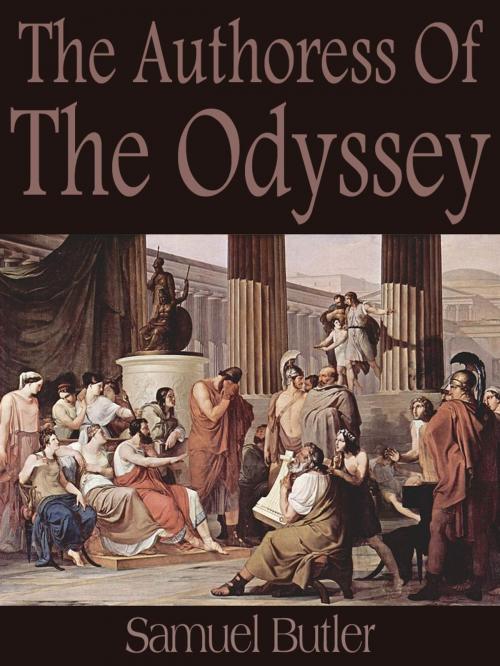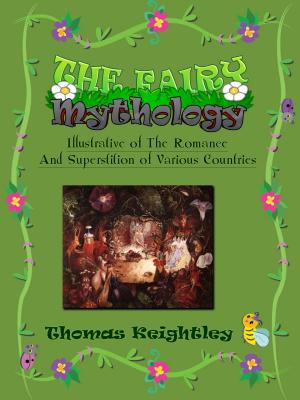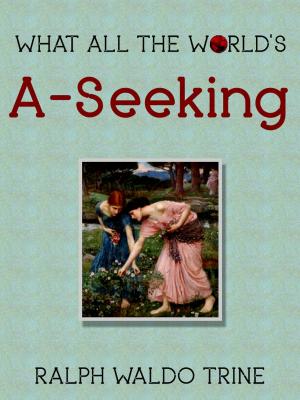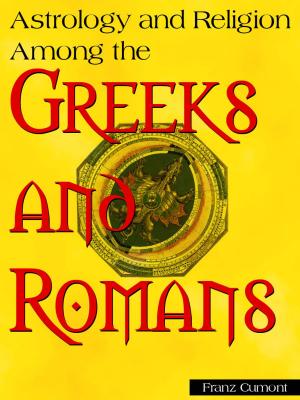The Authoress of the Odyssey
Nonfiction, History, Greece, Fiction & Literature, Classics, Historical| Author: | Samuel Butler | ISBN: | 1230000038448 |
| Publisher: | AppsPublisher | Publication: | December 13, 2012 |
| Imprint: | Language: | English |
| Author: | Samuel Butler |
| ISBN: | 1230000038448 |
| Publisher: | AppsPublisher |
| Publication: | December 13, 2012 |
| Imprint: | |
| Language: | English |
The Authoress of the Odyssey
by Samuel Butler
"Today it is obvious to all but the most tradition-bound that women can achieve anything that men can. This was not so obvious in the last decade of the 19th century when Samuel Butler, a maverick classicist, proposed this unique theory that the Odyssey was written by a woman. This was, to say the least, a shocking proposal for his contemporaries. Aside from the perceived diminution of the role of 'Homer,' this was too far outside the box for most scholars. At the time Butler wrote, women couldn't vote or own property in many industrialized countries, and some female authors adopted male pseudonyms to get published. Biology was considered a limiting factor for the female sex, and historic contributions of women were ignored.
Based on textual analysis, geography, history and a bit of speculation, Butler came to the conclusion that the Odyssey was a sequel written several generations after the Iliad, by a woman residing in Sicily. Some of his best evidence is simple literary criticism--Butler's observation that women in the Odyssey are much better dimensionalized than the ones in the Iliad.
Although his specific theory of who wrote the Odyssey is still controversial (and probably unverifiable), today scholars are much more open to the idea of a separate authorship of the two epics. Butler's concept that the text of both epics was pieced together from pre-existing bardic material about the Trojan war is also considered an acceptable thesis. This is why this book is still read and discussed a century later, as a milestone in the history of thought about classical authorship, even though it was not completely vindicated.
It may seem a minor point, but it didn't help the establishment perception of this book that Butler insisted on using Roman equivalents for Greek deities (and the principal) throughout. Specifically, Mars = Ares, Minerva = Athena, Aphrodite = Venus, Jupiter = Zeus, and Ulysses = Odysseus.
The Authoress of the Odyssey
by Samuel Butler
"Today it is obvious to all but the most tradition-bound that women can achieve anything that men can. This was not so obvious in the last decade of the 19th century when Samuel Butler, a maverick classicist, proposed this unique theory that the Odyssey was written by a woman. This was, to say the least, a shocking proposal for his contemporaries. Aside from the perceived diminution of the role of 'Homer,' this was too far outside the box for most scholars. At the time Butler wrote, women couldn't vote or own property in many industrialized countries, and some female authors adopted male pseudonyms to get published. Biology was considered a limiting factor for the female sex, and historic contributions of women were ignored.
Based on textual analysis, geography, history and a bit of speculation, Butler came to the conclusion that the Odyssey was a sequel written several generations after the Iliad, by a woman residing in Sicily. Some of his best evidence is simple literary criticism--Butler's observation that women in the Odyssey are much better dimensionalized than the ones in the Iliad.
Although his specific theory of who wrote the Odyssey is still controversial (and probably unverifiable), today scholars are much more open to the idea of a separate authorship of the two epics. Butler's concept that the text of both epics was pieced together from pre-existing bardic material about the Trojan war is also considered an acceptable thesis. This is why this book is still read and discussed a century later, as a milestone in the history of thought about classical authorship, even though it was not completely vindicated.
It may seem a minor point, but it didn't help the establishment perception of this book that Butler insisted on using Roman equivalents for Greek deities (and the principal) throughout. Specifically, Mars = Ares, Minerva = Athena, Aphrodite = Venus, Jupiter = Zeus, and Ulysses = Odysseus.















